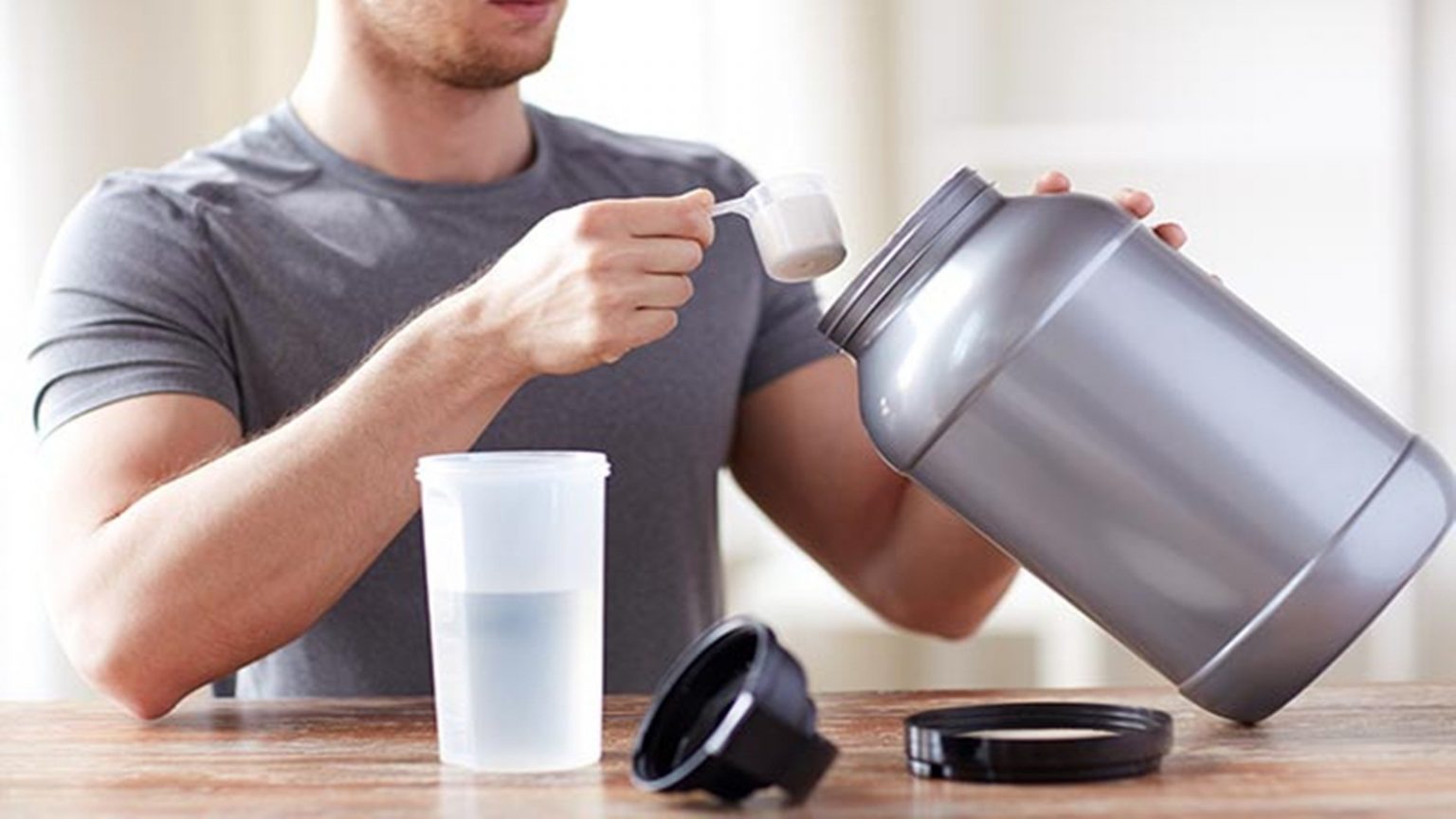The question everyone is asking…
In the ever-evolving world of wellness and nutrition, dietary supplements promise a range of benefits, from muscle growth to post-workout recovery. Among the most sought-after macronutrients, proteins top the list. However, determining the actual protein content in a dietary supplement can be tricky, especially with some questionable practices by certain pharmaceutical labs. So, how do you know if you’re really getting what you’re paying for?
Also read: How to Write Song Lyrics with AI and ChatGPT
The “Nutricontrole” Scandal
Nutricontrole is a non-profit association established under French law in 1901, with the goal of analyzing dietary supplements and food products aimed at athletes and active people in the French market. This independent lab conducted tests on 19 products (dietary supplements). To assess the quality of a whey protein supplement, they considered several criteria, with one of the most significant being purity. Some manufacturers add elements to their dietary supplements that are not always beneficial for health, which can lead to reduced protein levels while increasing fat and carbohydrate content. Nutricontrole also conducted tests to determine the exact concentration of amino acids. Often, these supplements contain BCAAs (branched-chain amino acids) like isoleucine, valine, and leucine in varying proportions. A whey protein with a high amino acid content is highly sought after, as it promotes rapid muscle growth and contributes to effective recovery after workouts. The lab’s analyzes thus helped determine the proportion of essential nutrients in whey to assess its purity. The results were unequivocal: most of the dietary supplements analyzed had much lower protein levels than what was stated on the labels.
Consequently, consumers, particularly athletes, spent years working out to build bodies like Zeus, but the results didn’t match their efforts because the supplements they were taking didn’t provide the muscle-boosting support they expected. Nutricontrole plans to extend its analyses to other products (brands) soon.
An Alternative Solution to Determine the Protein Content
To know the protein content of your dietary supplement, there’s no magic solution. One option is to have your product analyzed in a lab for an exact answer. However, a TikTok user has proposed a simple yet creative solution. All you need to do is place your dietary supplement in a pan and heat it. If the content remains intact, it indicates it’s balanced and the protein levels stated on the label are accurate. However, if it caramelizes, it is likely loaded with sugar. In that case, you should be concerned that you’re consuming something more akin to Nesquik rather than a high-protein dietary supplement, as proteins are supposed to be very low in sugar.


